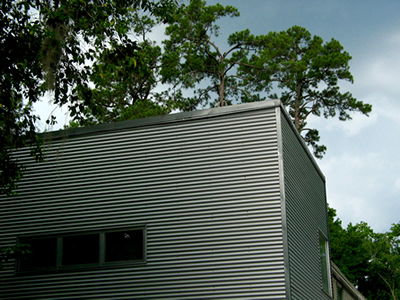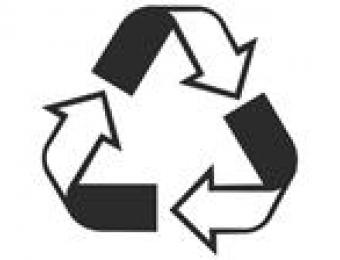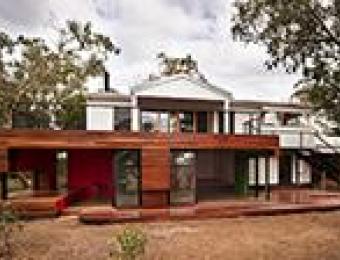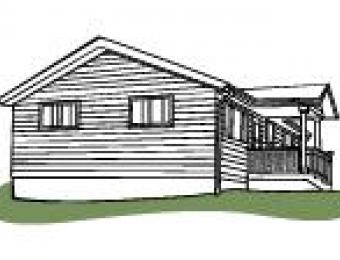
Image by Christopher Sessums, used under the CC BY 2.0 license.
What is metal cladding?
Metal cladding (or siding) is an external wall finish, most commonly made from either aluminium or steel.
Why install metal cladding?
Aluminium cladding is often installed as an alternative to weatherboard or vinyl cladding. It is relatively cheap but prone to damage. While both steel and aluminium cladding are fire resistant, steel has the advantage of being tougher and harder to damage in extreme weather. Aluminium, by contrast, can show dents even after heavy rain.
Look and style
Metal cladding is available in many different colours, styles and textures, and can work really well if you are looking for an industrial or retro finish. Some would argue that steel looks and feels as though it's a higher quality cladding than aluminium. Metal cladding is sometimes installed to resemble timber boards, or hung in large sheets. Some cladding is even wrapped around the building in one large piece.
Metal cladding performs well in maintaining a tight building envelope and provides reasonably good insulation. Although there is a good deal of manufacturing involved in making metal cladding, it is possible to install recycled metal cladding and also to recycle it at the end of its time as a house.
How is metal cladding installed?
Metal cladding is installed by attaching interlocking horizontal or vertical panels to the exterior sheathing of your house, or by wrapping the house frame in a sheet of metal. Aluminium cladding is easier to install than steel, because it's lighter. This can sometimes save costs, but aluminium cladding is also easier to damage during installation.
Maintenance
One of the great advantages of metal cladding is that it requires little maintenance other than a yearly wash. While it was once prone to fading, the metal used for cladding is now generally coated with a tinted weatherproof topcoat that should last for many years. Steel is vulnerable to rust, so be certain to address any chips that occur in the finish, and install aluminium instead if you live in a coastal area.
If your cladding is dented it can be repaired, but repairs that involve patching holes are more challenging and generally need expert help. These types of repairs may also be difficult to disguise.
|
Advantages of steel
|
Disadvantages of steel
|
|
Advantages of aluminium
|
Disadvantages of aluminium
|





